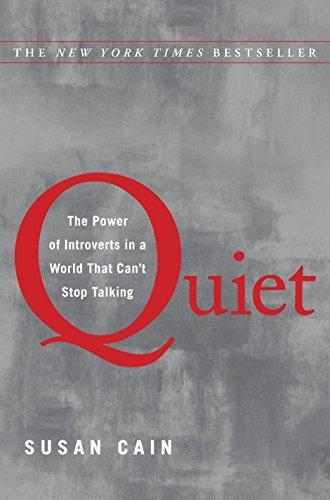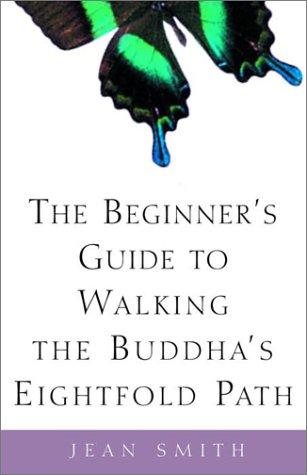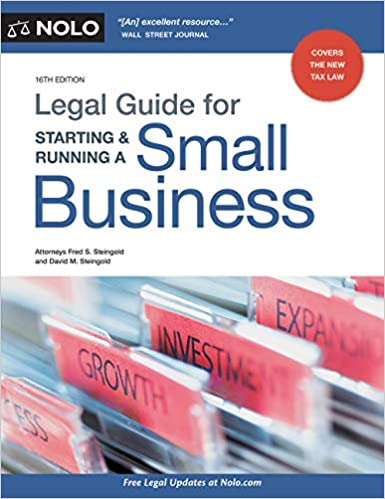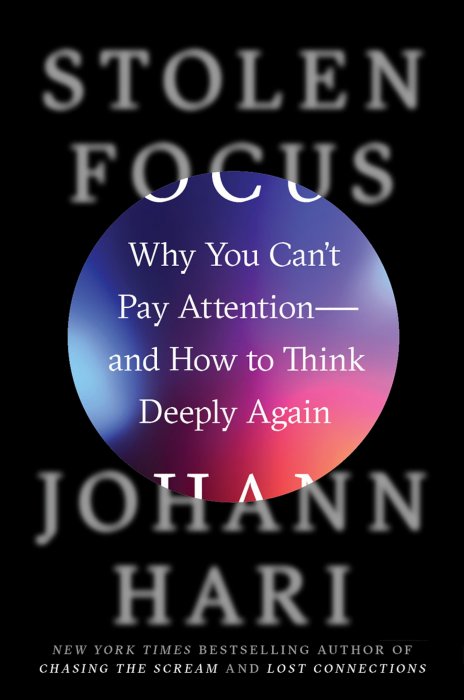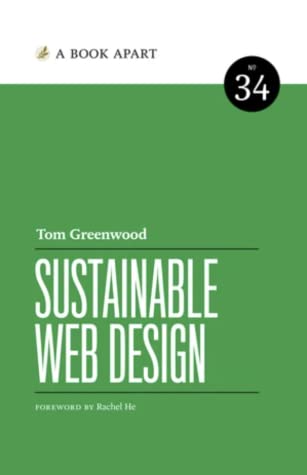Henry quoted Stolen Focus by Johann Hari
a small study commissioned by Hewlett-Packard looked at the 10 of some of their workers in two situations. At first they tested their 10 when they were not being distracted or interrupted. Then they tested their IQ when they were receiving emails and phone calls. The study found that "technological distraction"-_just getting emails and calls caused a drop in the workers' IQ by an average of ten points. To give you a sense of how big that is: in the short term, that's twice the knock to your IQ that you get when you smoke cannabis. So this suggests, in terms of being able to get your work done, you'd be better off getting stoned at your desk than checking your texts and Facebook messages a lot.
— Stolen Focus by Johann Hari (Page 39)


